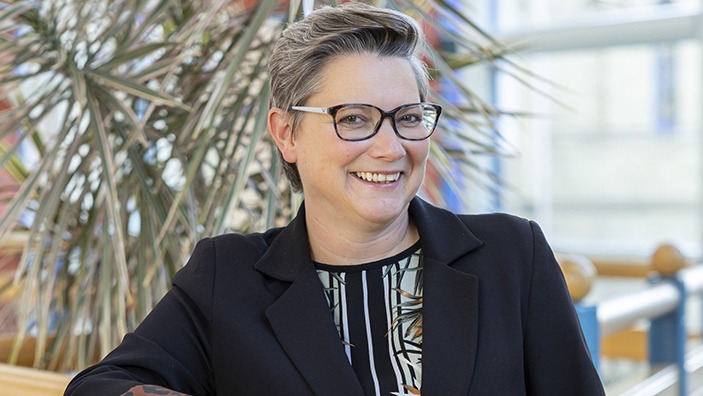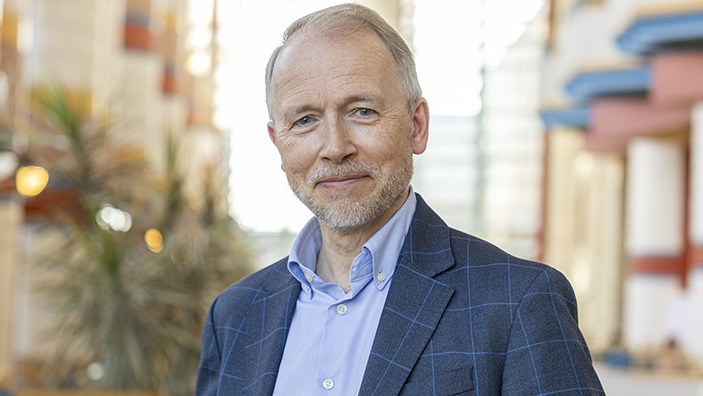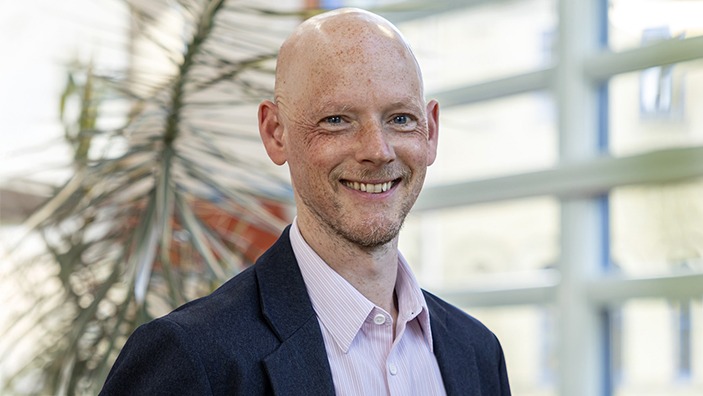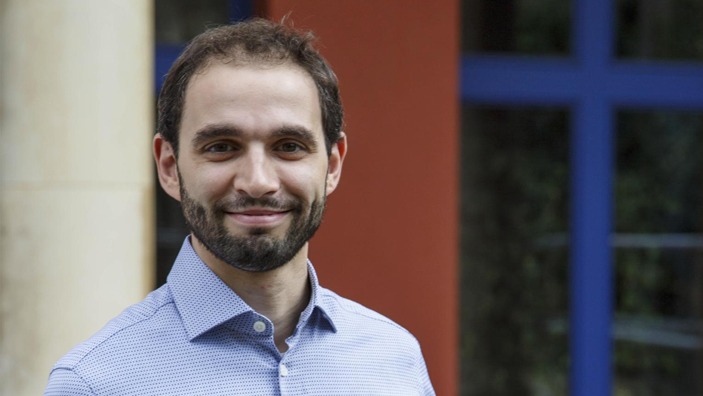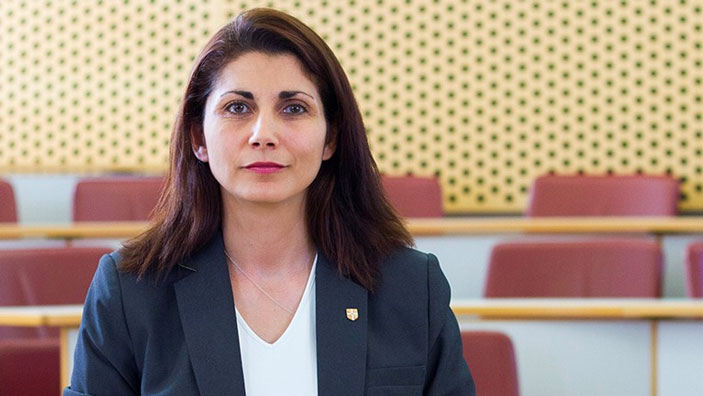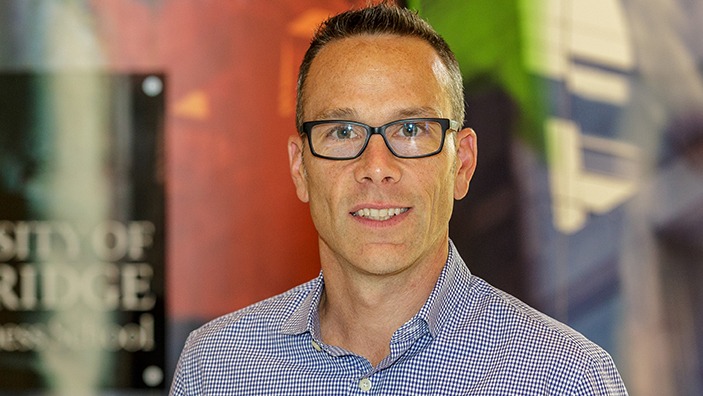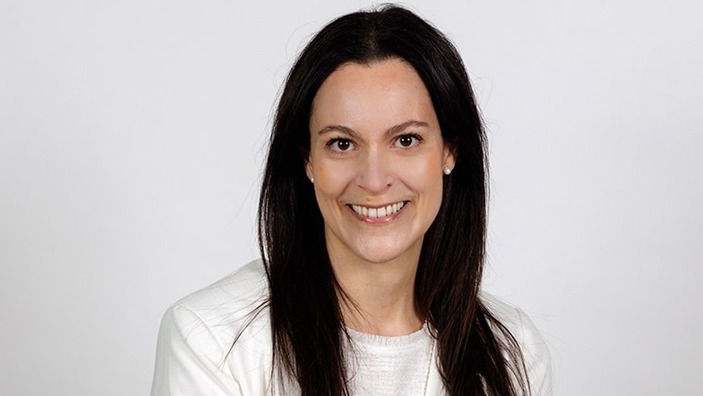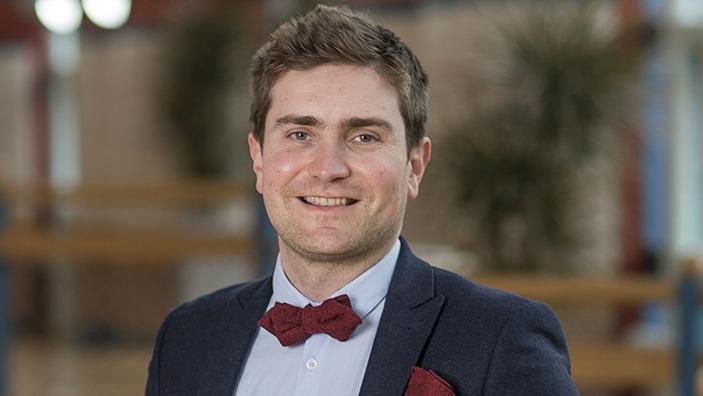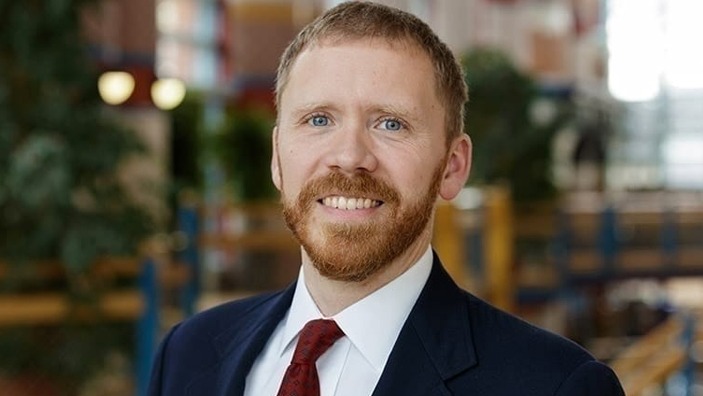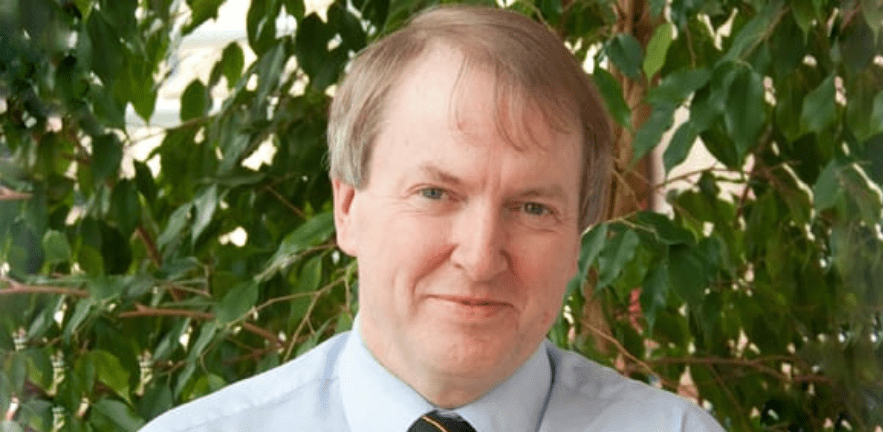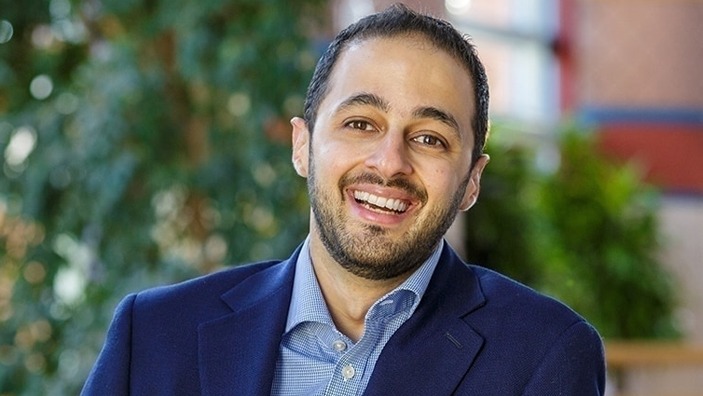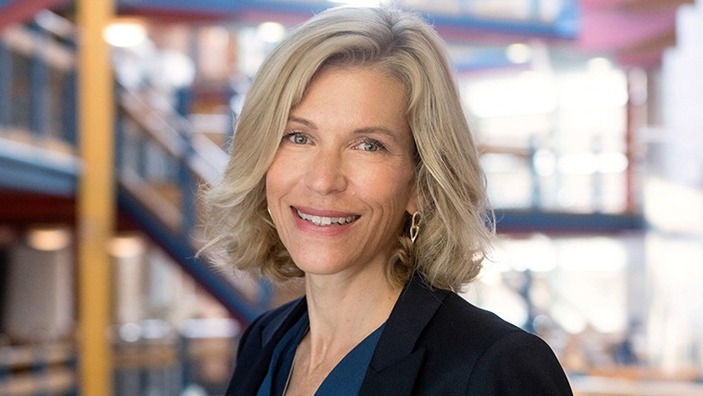Professional service firms
PSF@Cambridge blends world-class academic thinking with deep practitioner experience and brings together the ideas, tools and techniques that enable leaders and firms to be more effective in today’s challenging environments. Our dedicated Professional Service Firms group values on-going collaboration with firms to deliver real-world impact to the sector and the business landscape.
The PSF landscape – challenges and opportunities for leaders
Professional service firms find themselves in a period of unprecedented change and competitive challenge. Significant forces are impacting the professions, including generative AI, digital transformation, changing client demands, changing talent expectations, new business models, new entrants and external investment. These trends have introduced many new challenges, and professional services firm partners and leaders find themselves at the forefront of their impacts. They need to balance the demands of developing and serving clients with the focus required to lead and manage teams effectively in a fast-changing environment. The tension that lies at the heart of these two core responsibilities – which are often in conflict – is the source of many of the challenges faced by firm partners and leaders.
Why PSF@Cambridge?
Responding to the challenges faced by PSFs requires 2 essential capabilities: leadership and strategy. Get in touch with our team to discuss how we can help you equip your team with the skills and perspectives they will need to develop successfully in their current leadership roles, or transition effectively into future roles.
Experts in leadership and strategy
Enhancing leadership capability enables you to address systemic issues such as developing a high-performance culture and motivating and inspiring a new generation of talent. More effective leadership in these areas will also drive more focus on client needs and enable continuous learning and growth. Becoming more agile and adaptive will help you lead change and respond to a rapidly evolving market landscape.
Developing your strategy capability will allow you to address the more fundamental issues viewed through the lens of a leader: How are our clients’ needs changing? Where will my future growth come from? What can I do to really move the needle? How can I differentiate the practice in an increasingly competitive market? How can we innovate to stay ahead of the competition? How can I implement strategy more effectively?
Our programmes are a unique blend of academic excellence and real-world practitioner insights, creating a transformative learning experience. This synergy ensures that participants not only gain cutting-edge theoretical knowledge but also practical skills and perspectives directly applicable to their professional challenges. By bridging the gap between academia and practice, we empower our learners to drive growth and innovation and achieve exceptional outcomes in their careers.
How we engage with Professional Service Firms
We support professionals in their learning development journey at all points in their professional career – from senior leadership to associates.
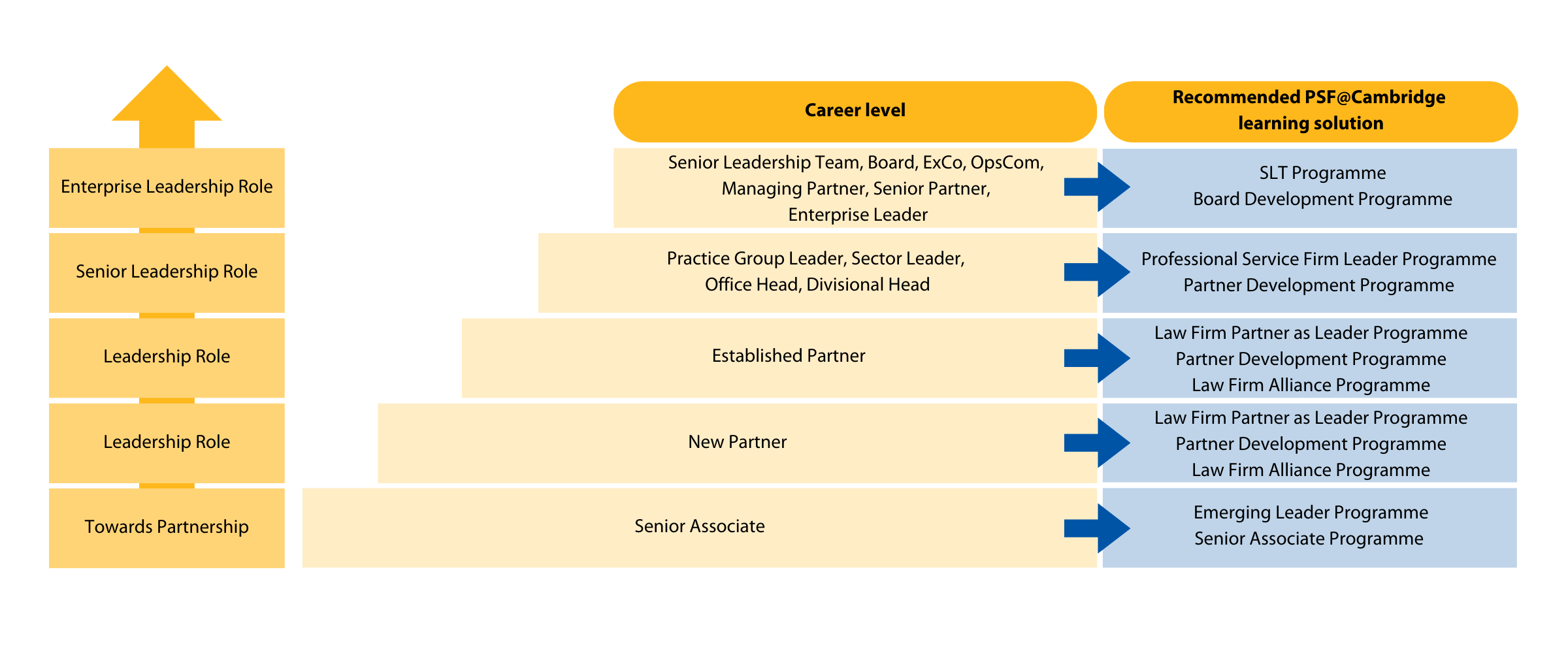
Our approach
Our programmes
Our programmes are designed to have impact and enable change, where our participants benefit extensively from:
When PSFs collaborate with our practitioners, they gain access to first-hand industry insights. Our practitioners understand the unique challenges, trends, and dynamics specific to the sector. As a result, firms can tailor their strategies and solutions to address real-world issues effectively.
An executive education programme led by our practitioners allows for truly customised learning experiences. Our programmes can focus on the precise competencies and skills relevant to PSF professionals. Whether it’s law, consulting, accounting, or any other professional services field, participants receive targeted knowledge that directly impacts their work.
Collaborating with peers who share similar roles and face similar challenges fosters peer-to-peer learning. In a dedicated PSF group, partners and leaders can exchange best practices, discuss common pain-points, and learn from each other’s experiences. This network extends beyond the programme, creating valuable connections.
PSFs often operate in complex environments with competing demands. Practitioners who understand the intricacies of the sector can guide leaders through paradoxes – such as balancing innovation with risk management – and help them navigate ambiguity effectively.
Executive education programmes led by sector practitioners focus on critical leadership competencies specific to PSFs. These include leadership, strategy (both design and delivery), high-performing teams, leading change, client centricity, diversity and inclusion, collaboration and managing performance. Participants emerge as better-equipped leaders.
A practitioner-led executive education group encourages innovative thinking. Participants learn about emerging trends, disruptive technologies, and novel approaches. This knowledge enables PSFs to adapt swiftly, stay competitive, and proactively address industry shifts.
Practitioners who intimately know the sector emphasise client-centric approaches. They can share strategies for enhancing client relationships, improving service delivery, and exceeding client expectations. PSFs benefit from this client-focused mindset.
Practitioners understand that PSF challenges extend beyond technical expertise. They consider a wide range of topics including; organisational culture, diversity, technology adoption and the future of work. This holistic approach ensures well-rounded solutions.
The insights gained from practitioner-led programmes have lasting effects. PSFs can implement changes that lead to sustainable growth, improved client outcomes, and increased market relevance.
Who we work with
The boundaries of professional services firms are blurring. The firms we work with most are not always traditional partnerships, but they do usually share common features specific to the sector, such as professionals in leadership roles who also retain significant client responsibilities.
Our partners
The firms we work with often have the following attributes:
- professional or expertise-led business practice
- people businesses
- owner-managed businesses
- business that are often regulated
We regularly work with international law firms, global accountancy and management consultancy firms, among others.
Law
Our customised leadership programmes for law firms and networks empower senior legal professionals to navigate changing and demanding landscapes with confidence. By fostering strategic thinking, enhancing leadership skills, and embracing innovation for growth, we elevate individual, team and firm excellence to drive positive outcomes for our clients.
Consulting and advisory
Our consulting leadership programmes cultivate visionary leaders who drive transformative change. By honing strategic acumen, problem-solving skills and client-centric approaches, senior consultants become catalysts for innovation and sustainable growth.
Accountancy
Through our accounting leadership initiatives, senior financial leaders gain insights into financial strategy, risk management and compliance. We equip them with the tools to enhance financial transparency, optimise processes, and contribute to organisational success.
Our team
PSF practitioners
Matthew holds an honorary title from Cambridge Judge Business School.
Mark holds an honorary title from Cambridge Judge Business School.
Client relationship manager
Stacey works for Cambridge Judge Business School Executive Education.
Faculty
PhD (HEC Paris)
PhD (HEC Paris)
PhD (Case Western University)
PhD (Georgia Institute of Technology)
PhD (Washington University in St Louis)
PhD (HEC Paris)
Director of the Executive Master of Accounting Programme
PhD (Wharton School of Business)
Co-Director of the Centre for International Human Resource Management (CIHRM)
PhD (University of London)
Director of the Global Executive MBA Programme
Deputy Director of the Cambridge Executive MBA Programme
PhD (University of Cambridge)
PhD (Massachusetts Institute of Technology)
Other PSF contributors
Cath Bishop
Author, Leadership Speaker, Executive Coach, Consultant, Facilitator and Former Olympian
Cath is a leadership speaker, coach and consultant, specialising in leadership, team development and organisational culture. Cath draws on her practical experience from two high pressure careers as an Olympic rower and a senior diplomat specialising in conflict stabilisation which she now combines with her current work in leadership development with organisations.
In her rowing career, Cath competed at three Olympic Games, won the World Championships in 2003 and an Olympic silver medal in 2004. As a diplomat specialising in conflict issues, Cath was posted to Sarajevo, Bosnia and Basra, Iraq, as well as leading in Whitehall on the UK civilian contribution to stabilising conflicts around the world.
Drawing on her unique combination of experience, Cath understands the leadership, resilience and teamwork required to manage the complex challenges that come from exceptionally high pressure environments. Her speaking and consultancy work includes global companies across sectors, alongside Cath’s work as a member of the Judge Business School Executive Education faculty.
Cath has an MA in Modern Languages from Pembroke College, Cambridge, where she is an Honorary Fellow. She has an MPhil in International Politics from the University of Wales, Aberystwyth, and a PhD in contemporary German literature from the University of Reading. Cath has been a panellist on the BBC Radio 3 Free Thinking series, newspaper reviewer on Radio 4’s Broadcasting House and commentates for the Boat Races and Henley Royal Regatta.
Neil Lawrence
DeepMind Professor of Machine Learning
He received his bachelor’s degree in Mechanical Engineering from the University of Southampton in 1994. Following a period as an field engineer on oil rigs in the North Sea he returned to academia to complete his PhD in 2000 at the Computer Lab in Cambridge University. He spent a year at Microsoft Research in Cambridge before leaving to take up a Lectureship at the University of Sheffield, where he was subsequently appointed Senior Lecturer in 2005. In January 2007 he took up a post as a Senior Research Fellow at the School of Computer Science in the University of Manchester where he worked in the Machine Learning and Optimisation research group. In August 2010 he returned to Sheffield to take up a collaborative Chair in Neuroscience and Computer Science. From 2016 to 2019 he was Director of Machine Learning at Amazon where he world on deploying machine learning solutions for Prime Air, Alexa and in the Amazon supply chain.
Neil’s main research interest is machine learning through probabilistic models. He focuses on both the algorithmic side of these models and their application. He has a particular focus on applications in personalized health and computational biology, but happily dabbles in other areas such as speech, vision and graphics.
Neil was Associate Editor in Chief for IEEE Transactions on Pattern Analysis and Machine Intelligence (from 2011-2013) and is an Action Editor for the Journal of Machine Learning Research. He was the founding editor of the Proceedings of Machine Learning Research (2006) and is currently series editor. He was an area chair for the NIPS conference in 2005, 2006, 2012 and 2013, Workshops Chair in 2010 and Tutorials Chair in 2013. He was General Chair of AISTATS in 2010 and AISTATS Programme Chair in 2012. He was Program Chair of NIPS in 2014 and was General Chair for 2015. He is one of the founders of the Gaussian Process Summer School, the DALI Meeting and Data Science Africa and is a member of the UK’s AI Council.
Gill Graves
Executive Coach & Founder of Iridium HRD Consulting Ltd
Gill is an executive coach, team coach, facilitator and consultant in leadership and team development. She specialises in enabling individuals and organisations achieve their goals and realise their full potential. Prior to founding Iridium in 2000, Gill was HRD Director of a US high-tech company, with responsibility for Europe and Asia. She has extensive hands-on international experience, gained within fast-growing, rapidly changing environments across a range of different cultures and organisations.
Gill has an MBA from Warwick University and is a fellow of the CIPD. She has a Professional Doctorate in Coaching and Mentoring from Oxford Brookes University, is one of the few coaches in Europe to have been awarded Master Practitioner status with the EMCC and is a qualified supervisor of coaches.
Gill’s current research is on the emerging process of team coaching and the similarities and differences with one-to-one coaching and other team interventions.
Gill is author of two books: ‘Presenting Yourself with Impact at Work’ and ‘Coaching with Impact at Work’.
Preet Chandri
Trailblazing Adventurer, Record-Breaker and Inspirational Speaker
Preet Chandi, an Army officer and endurance athlete, made history as the first woman of colour to complete a solo expedition to the South Pole, and holds the record as the fastest woman to do so. Her incredible journey includes the longest solo, unsupported Antarctic ski expedition, driven by a passion to inspire others to break barriers and redefine their “normal.” Preet motivates audiences to push past boundaries and embrace their potential. As a captivating speaker and MBE recipient, she emphasises that anyone, regardless of background, can shatter limits. Through her achievements and outreach, she inspires a new generation to chase their dreams courageously.
Speak to a programme advisor
If you have any questions or would like to discuss how this programme could benefit you or your organisation, please get in touch with the programme advisor.
